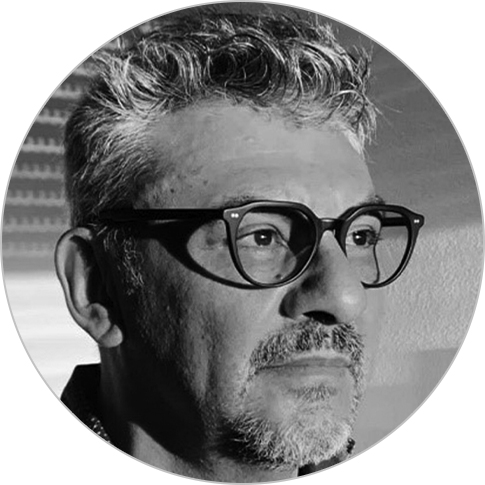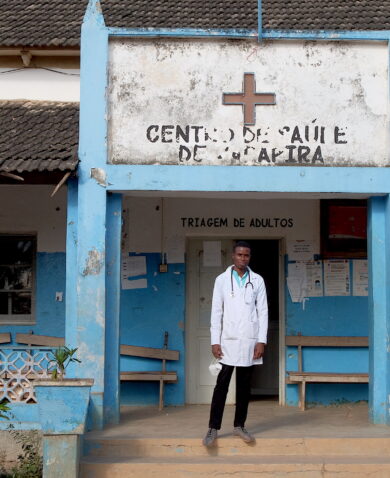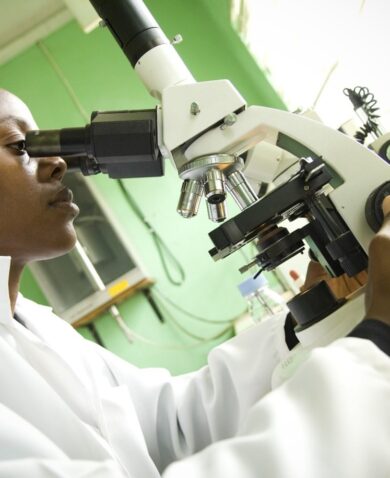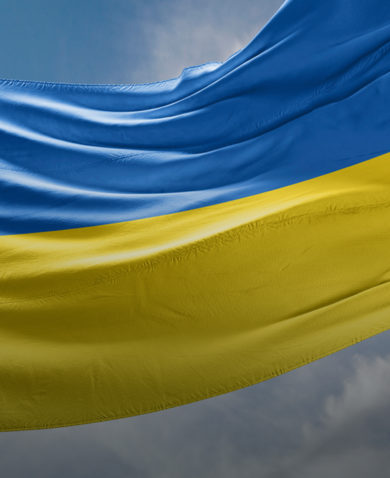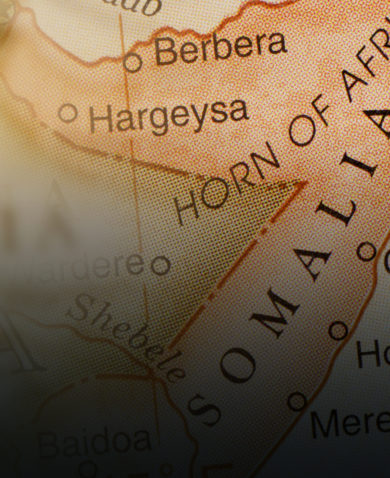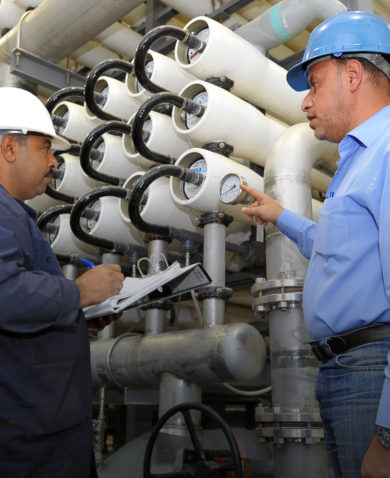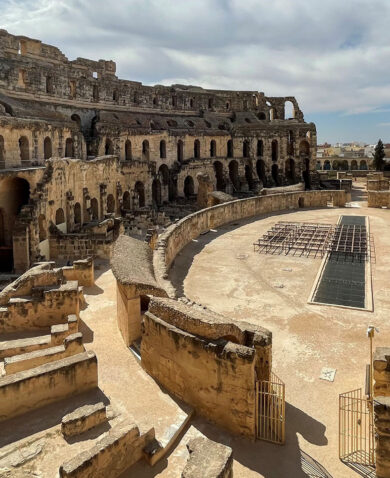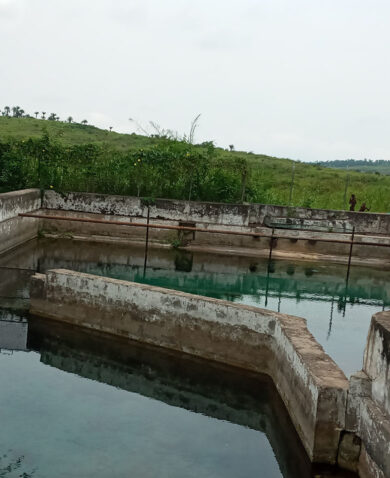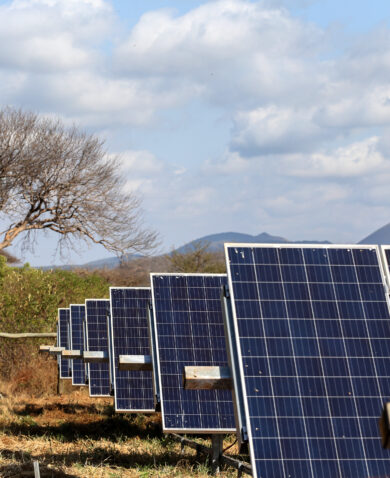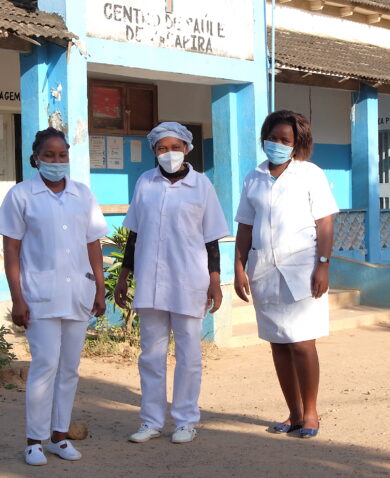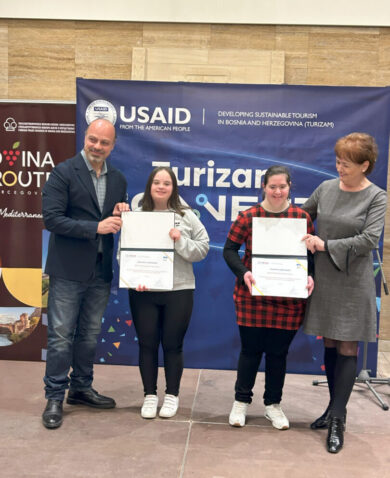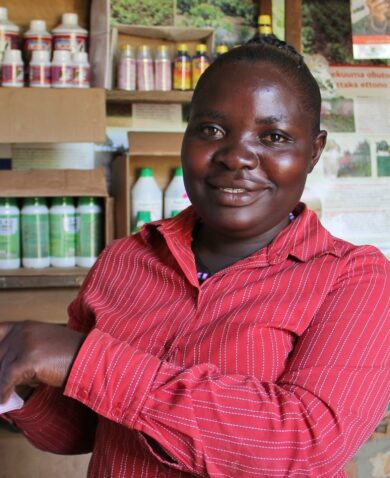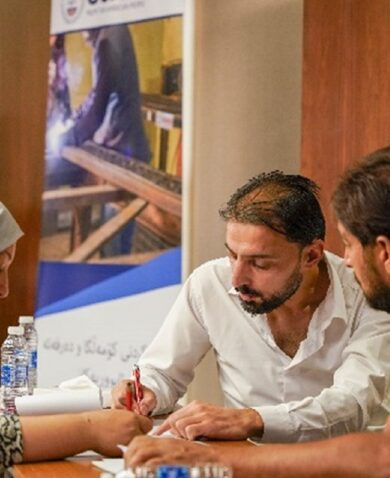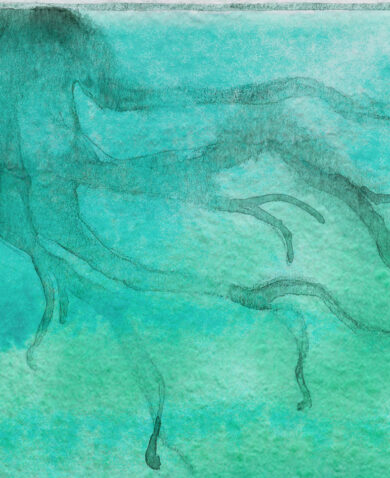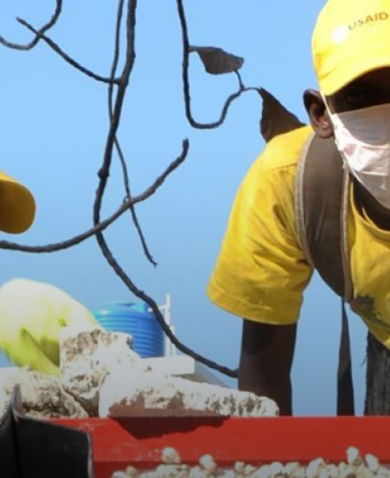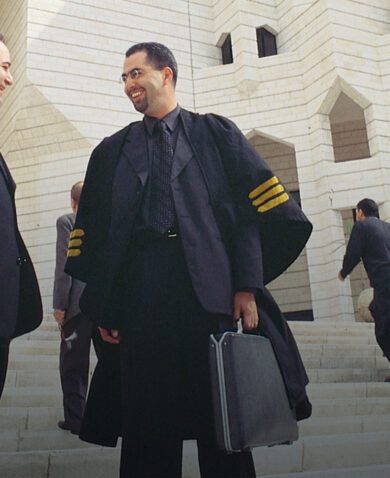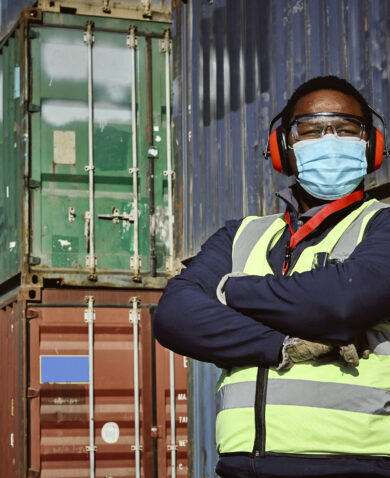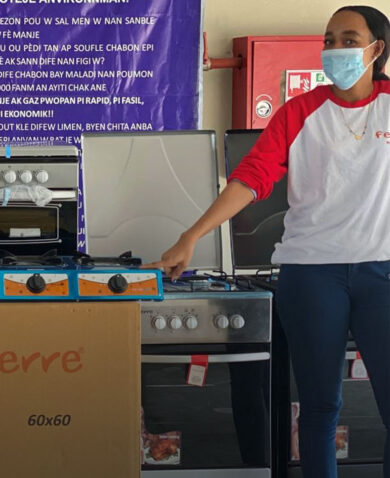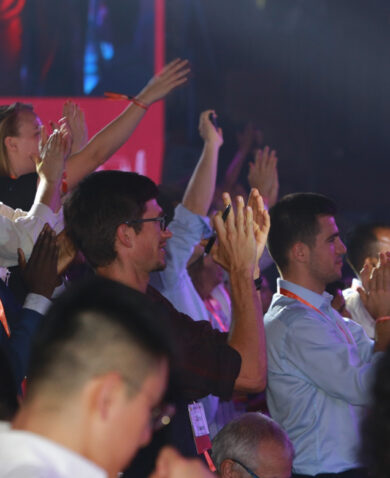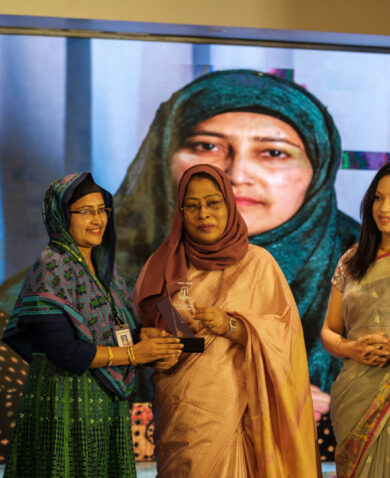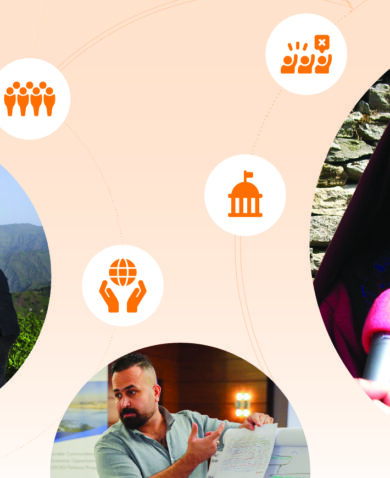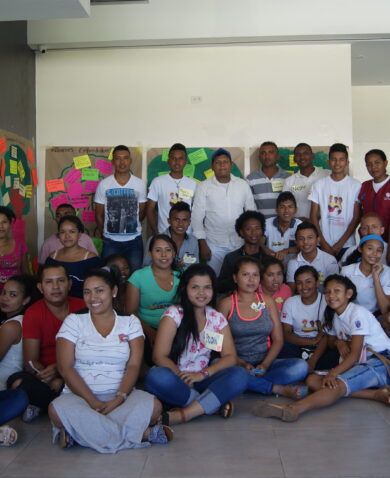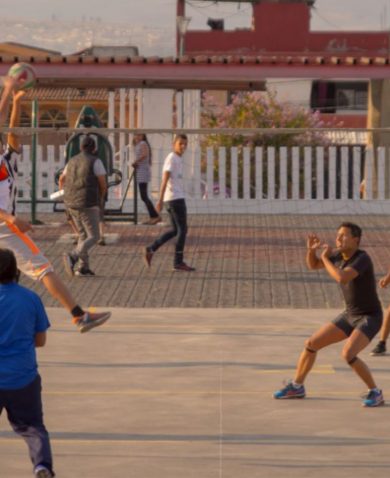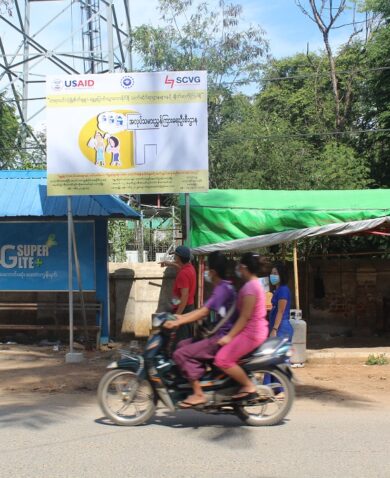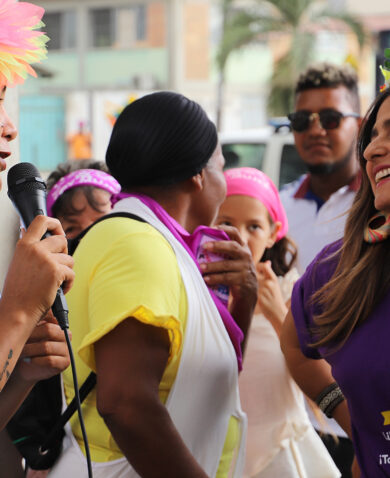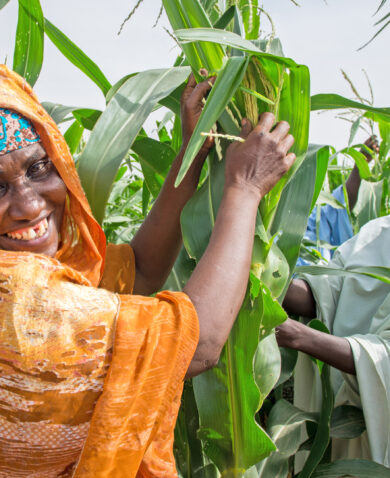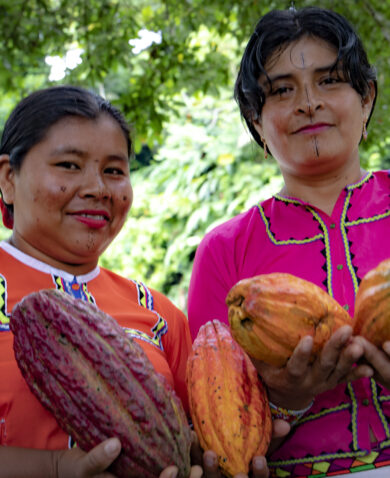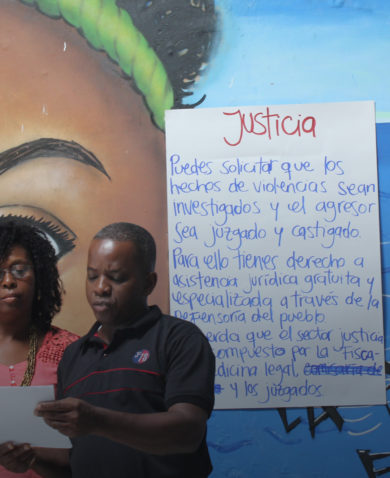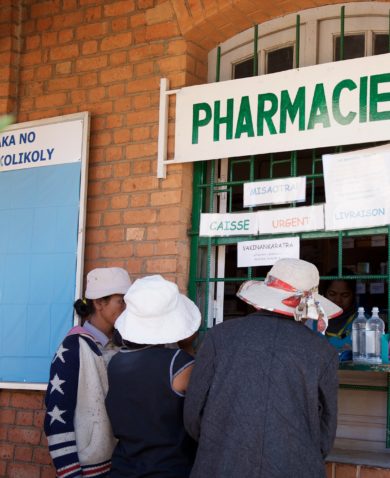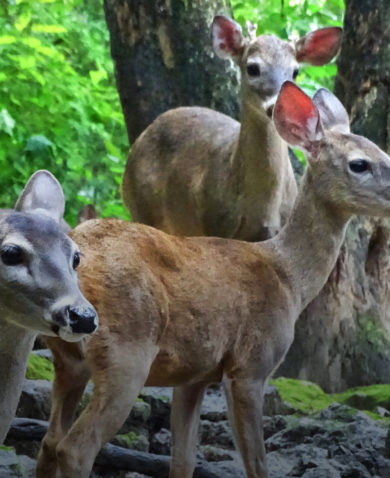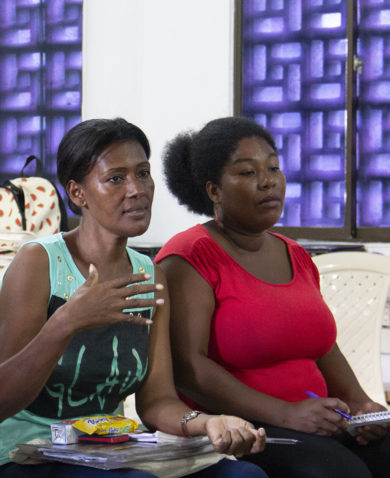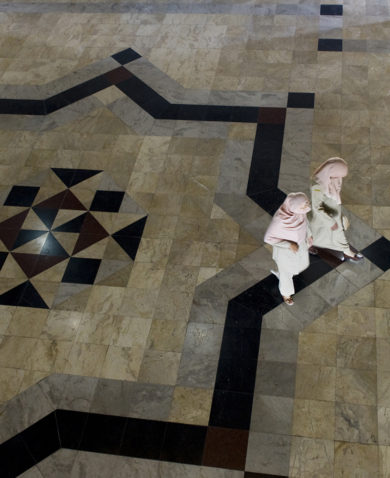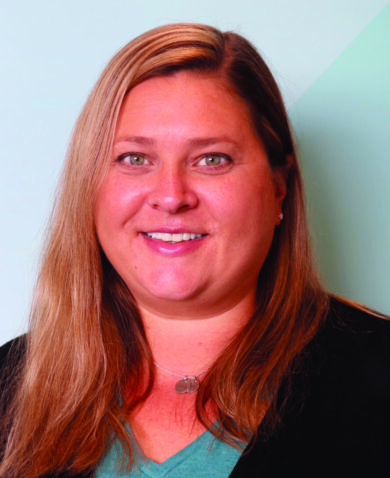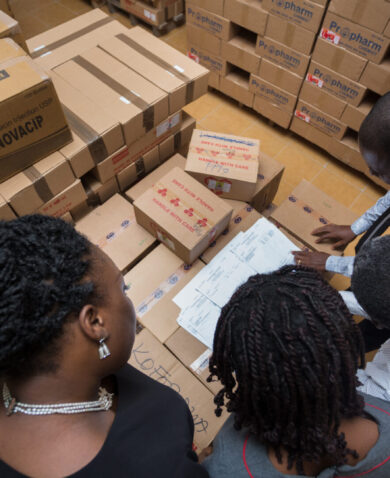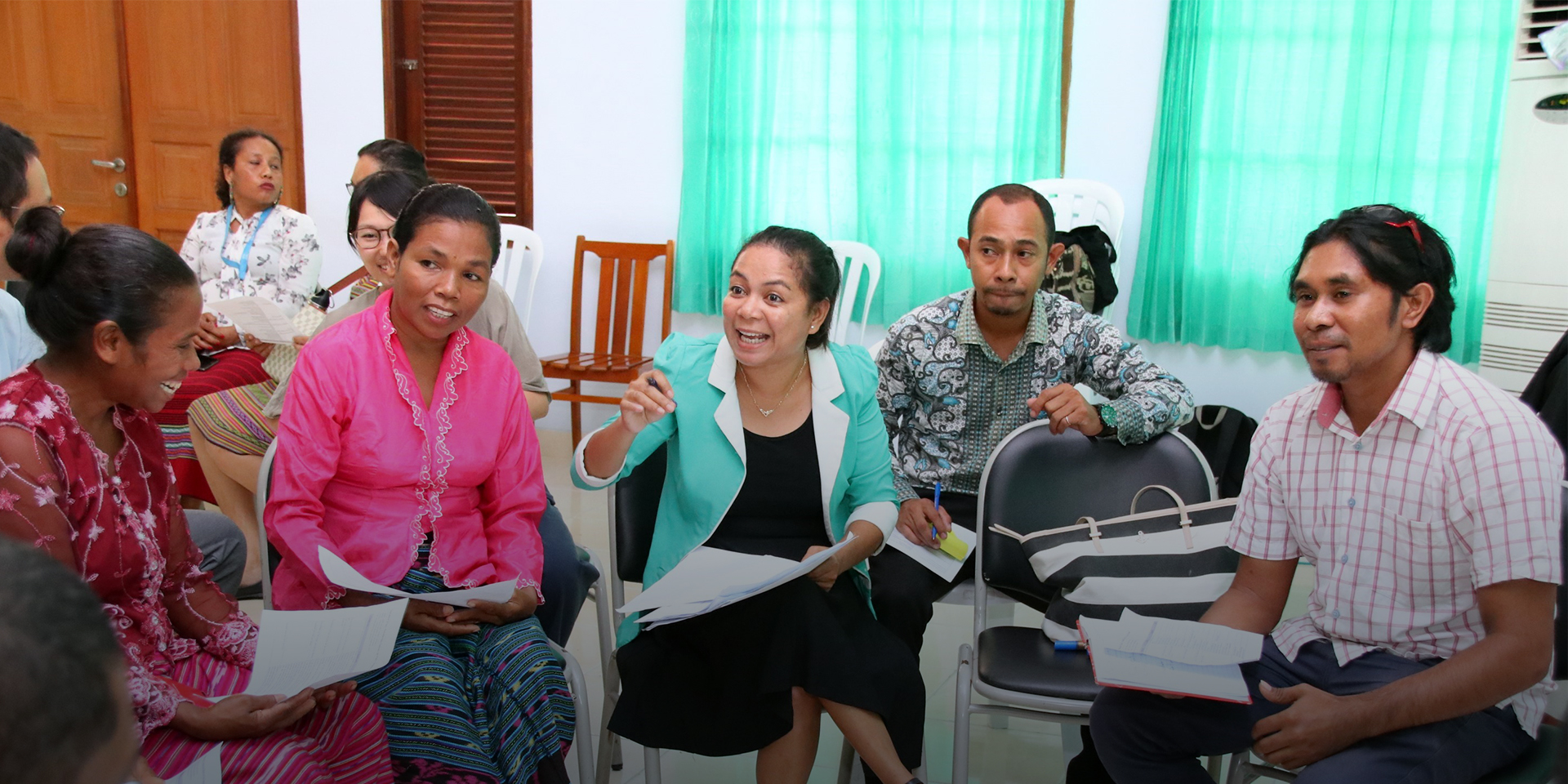
Coding ‘Thinking and Working Politically’ into a Project’s DNA
May 29, 2019 | 4 Minute ReadPromising results are unfolding as project staff begin to think and work politically on one USAID project in Timor-Leste.
For decades, the international development community has struggled to prove its effectiveness by ensuring that programs deliver politically viable solutions that respond to locally led processes. Guaranteeing these principles is a shared responsibility between donors and implementers. While donors need to shed the straitjackets of untested theories of change, pre-established project activities, and onerous reporting requirements, implementers need to step up their efforts to truly understand local contexts, actors, and interests beyond the comfort zones of sectorial silos and familiar stakeholders. Ingraining thinking and working politically (TWP) in a project’s DNA promises to shift the way we understand and do development differently.
TWP, through applied political economy analysis (APEA), is a powerful guide for project managers and staff to ground implementation strategies, guide routine decision-making, and ensure that activities respond to emerging opportunities and realities. Yet, their use within projects has been limited and cautious at best. So, what are we learning from TWP/APEA implementation on projects?
A Recurring Mistake
While facilitating PEAs for nearly two decades, I’ve observed that subcontracting PEAs does not meaningfully shift the way a project team thinks politically or creatively. These two conditions are needed for identifying contextual dynamics, emerging actors, and politically aware opportunities. However, practitioners still express a recurrent hope that stand-alone PEA reports will make a difference in the fundamental ways in which project implementers engage with the wicked problems of development and the messiness of contextual dynamics. Far from true.
A Path Forward
At Chemonics, we’re learning how to ingrain a TWP mindset into the DNA of a project using APEAs that directly speak to the daily implementation of activities, while responding to challenges and opportunities as they unfold. This process requires leadership, ownership, and openness from all project staff, starting with the chief of party or project director. This includes the leader’s capacity to work closely with donor counterparts from the outset. Only as a team can a mindset shift occur, wherein TWP and APEAs are valued as paramount to effective delivery, rather than whimsical distractions from “the real work of development.”
An Example in the Making: USAID’s Timor-Leste Tourism for All (TFA) Project
The USAID Timor-Leste Tourism for All (TFA) Project improves the competitiveness of the tourism sector to support economic diversification. Although tourism is recognized as a primary pillar of Timor-Leste’s diversification efforts, the TFA project faces weak political and financial commitment across the government, a fragmented institutional architecture that hinders collaboration, high airfare costs, poor infrastructure, and underdeveloped services.
Amid these challenges, the project began a TWP/APEA process earlier this year through staff training and strategic analysis of the project’s most acute implementation challenges. Participants included the head of the USAID mission, the program’s contracting officer representative, chief of party, and all technical leads. As team members assume the mindset of thinking and working politically, rather than relying on third parties to do the work for them, promising results are unfolding: from prompting changes in the way program staff conceptualize challenges to making sense of them operationally.
What We’re Seeing on the Ground
1. Triggering a different way of thinking. Instead of directly advocating with the government, the project has shifted to understanding the views of disparate stakeholders to identify functional alliances that capitalize on shared interests. For example, the Timorese aviation sector, currently constrained by high airfares, poses a major challenge for tourism development. Through stakeholder consultations, TFA has prompted dialogue on the need to expand the aviation sector by encouraging air service agreements and courting a broader variety of carriers. This activity has caught the government’s attention and triggered a corrective response from relevant ministries.
By placing emerging partners at the forefront, the project recognizes that empowering local stakeholders can instigate political and institutional change in the medium to long term. This shift reflects critical thinking as program staff override a siloed approach and recognize emerging opportunities for cross-cutting activities through improvement in social services and job creation. The modus operandi in most offices in Timor-Leste is a top-down approach, in which staff waits to be told what to do and when to do it. In contrast, TFA staff members are empowered to solve problems, leaving senior management to play the role of coach rather than boss. This shift has increased TFA’s ability to instigate changes needed to achieve the National Tourism Policy’s goals.
2. Adopting APEA methodologies in daily work. Program employees have learned to explore provocative issues across a wide spectrum of actors, unveiling positions, interests, opportunities, and challenges. By focusing on current implementation challenges, program staff uses open-ended conversations and active listening to discover common themes and interests that encourage collective thinking and action around key barriers for tourism in the country, including connectivity, human capital development, the private sector business enabling environment, and growth of niche market sectors.
Two recent examples are illustrative. First, due to growth of marine tourism, project staff identified a common agenda that unites a diverse — and sometimes antagonistic — set of actors, which will result in the forthcoming launch of the Marine Tourism Association. Second, cumbersome bureaucratic processes that frustrate the investor community have motivated project staff to open a dialogue between public and private stakeholders via a Tourism Investment Working Group, in partnership with investment and export promotion agency TradeInvest.
3. Operationalizing insights. Staff members are becoming politically informed with a comprehensive understanding of the playing field. These insights must then inform implementation. For TFA this means knowing which players to pull together for collective action, while gaining leverage with relevant public sector institutions. Chemonics encourages our staff to partner with public- and private-sector organizations and specialized associations. To date, TFA has signed partnership agreements with six organizations, including the Timor-Leste Chamber of Commerce and Industry, the Dili Municipal Government, and the Hotel Owners Association of Timor-Leste. This enables us to address key barriers to growth through a collective and consultative approach.
4. Delivering differently. Adopting a TWP/APEA approach has boosted the team’s capacity to respond to contextual dynamics in complex operating environments. An interesting example is the recent move by the government of Timor-Leste to instigate a more stringent visa policy for visitors, which impedes tourism. In response, the TFA staff quickly mobilized and visited various representative government departments and was able to have the policy rescinded the same day!
TFA’s early experience in baking TWP/APEA frameworks into the project’s routine work, strategic decision-making, and fine-tuning of activities is paving the way for implementers to deliver development solutions that balance technical soundness with political awareness. While we still need to systematically determine ways to streamline this process across projects and within capture and proposal development stages, TFA’s experience is a promising start.
Posts on the blog represent the views of the authors and do not necessarily represent the views of Chemonics.

